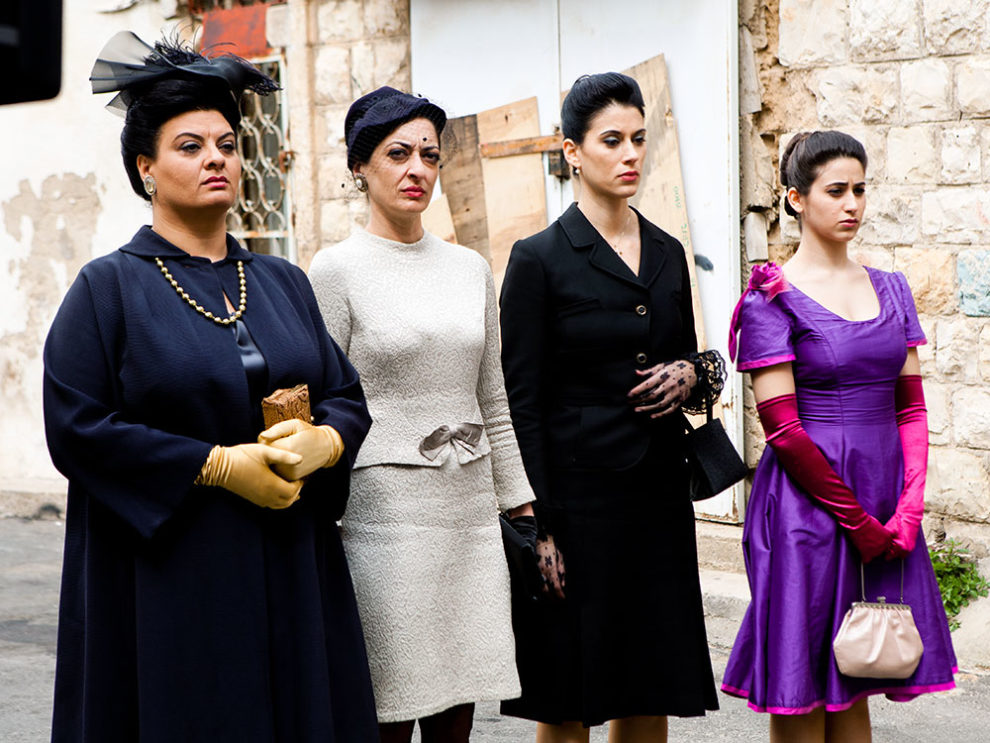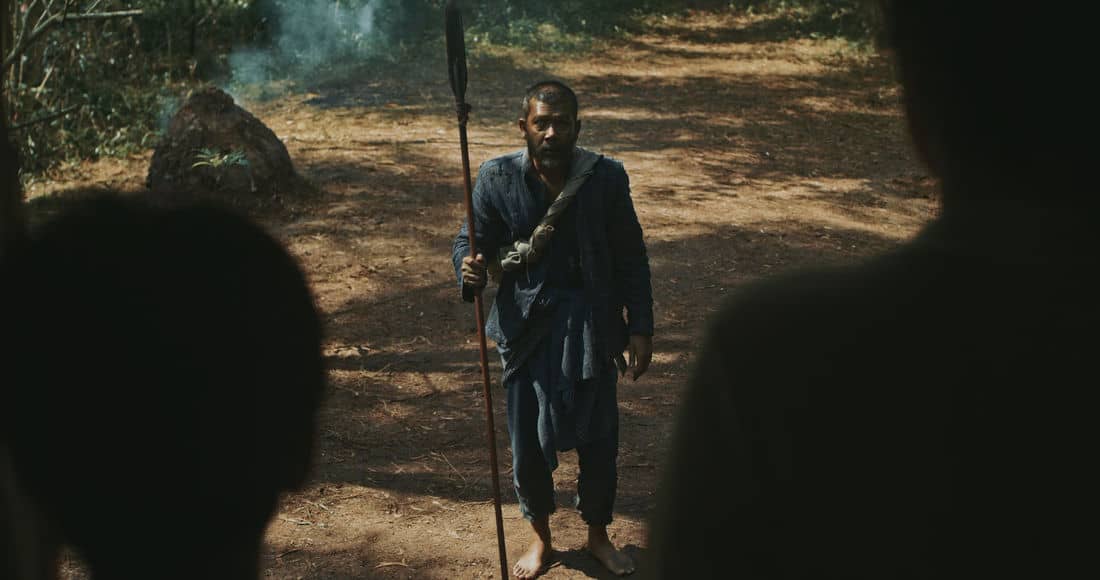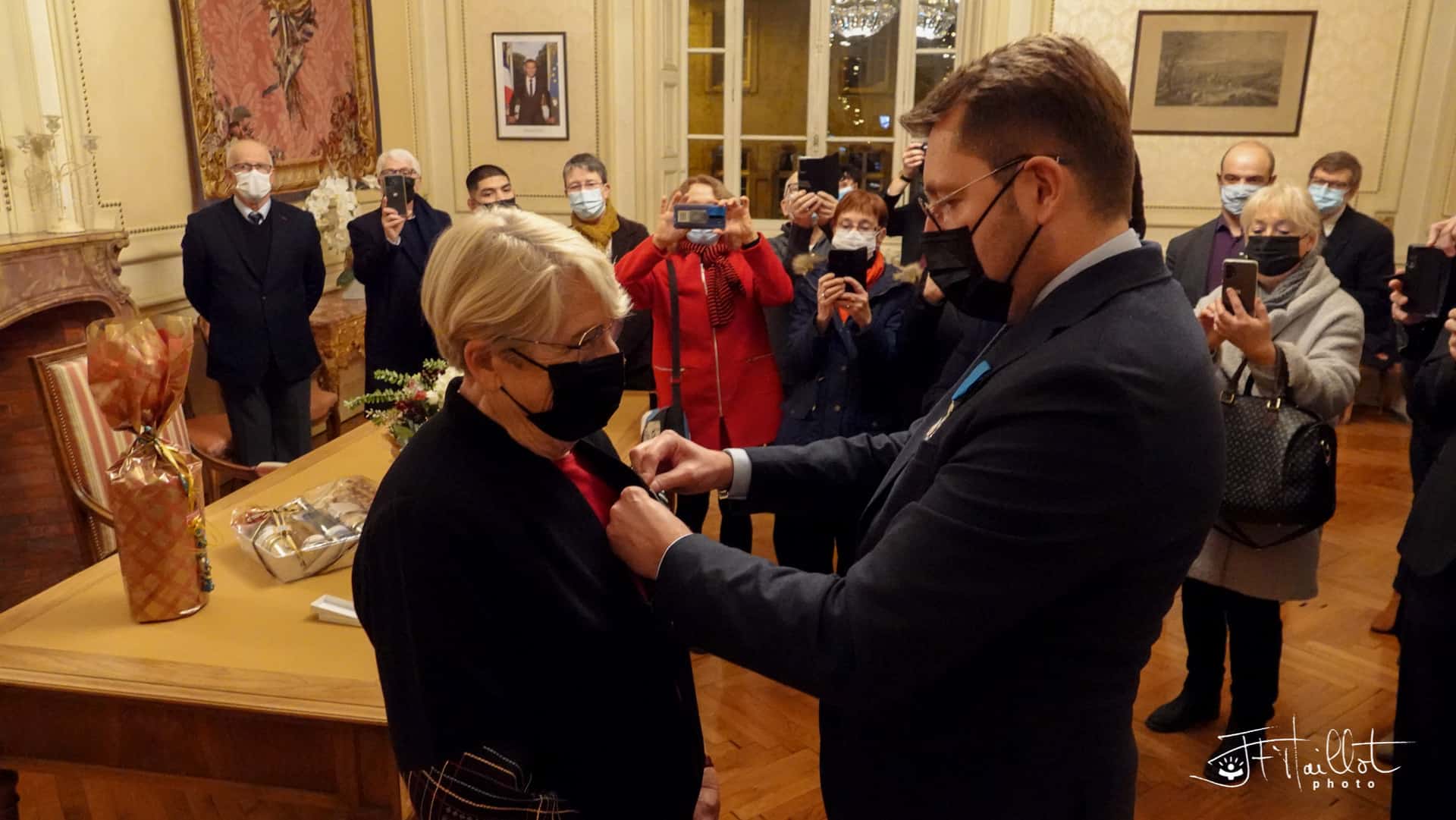As the director herself has stated, Palaistinian producers-filmmakers tend to shoot movies about the Occupation without realizing it. In “Villa Touma”, however, Suha Arraf tries to stray away from the usual approach to the subject, by focusing on a story that is almost Shakesperean, still managing, though, to talk about the Occupation.
“Villa Touma” screened at Vesoul International Film Festival of Asian Cinema

The film begins in 2000, when Badia ages out of the Christian orphanage where she grew up, and is essentially forced upon her aunts, three sisters who have lost their lands and social status following the Six Day War with Israel in 1967, but continue to live as if nothing has changed, essentially in seclusion from the outside world, with the exception of the high class gatherings in the local Christian church. Juliette, the eldest one and “boss” of the family, greets Badia in coldness, immediately communicating that the only reason the girl will be living with them in Villa Touma is because she has nowhere else to go. Middle sister Violette, who was once married for two years with an elderly man who died after, is rather neurotic, not to mention big-headed because she is the only one who managed to do so. Younger Antoinette is always under their control, essentially not having the “status” to react in any way. Badia will be forced to learn everything about proper etiquette, as much as succumb to the unrelenting, military-like program the three sisters follow, and at the same time, to be “marketed” among the last few remaining high-class bachelors in the city.
Arraf directs a movie that follows the path of a fable, with the humor, the irony, and an excellent pace directed by both Arik Lahav-Leibovich's editing and the movements of the protagonists, being its main ingredients, in a style, that frequently reminds of early Almodovar. The mocking of the ways of the (Christian) aristocracy, of the holier than thou behavior of the sisters, who are eventually revealed to be petty, sensitive, and broken, and essentially of concepts that seem to have come out of the pages of “Pride and Prejudice” is the main source of entertainment here, essentially carrying the movie from beginning to almost the end.
Eventually, though, the hilarity stays in the background, the “Cinderella” elements become a bit too intense, and the drama that was inevitable to appear also shows up, in a way that is handled in a much worse way than the rest of the film. It becomes obvious that the last part was done in haste, something that faults both the transition and the ending result, even if the finale brilliantly returns the viewer to the prowess of the first hour of the movie.
The truth is though, this aspect is not enough to ruin the rather entertaining and quite clever narrative, at least not as a whole. Even more so, since Yaron Scharf's cinematography captures the dynamics and the absurdity of the lives of the four women in the most fitting way and the scene where they walk in the street, all dressed up (also highlighting the job done in the costumes, hair and make-up) but in complete disconnect from their environment, is a truly memorable one. Furthermore, the acting, if a bit TV-like on occasion, is also quite appealing with Maria Zreik's almost silent Badia, Nisreen Faour's constantly tense Juliette, Ula Tabari's neurotic Violette (the Almodovar reference we mentioned before) and Cherien Dabis's timid but cheeky Antoinette providing a series of rather entertaining antitheses.
Maybe “Villa Touma” does not provide the punch towards Israel, westerners have come to anticipate from Palestinian filmmakers. It is, however, fun, smart, and pointed in a unique way, and an overall very pleasant movie to watch.
















